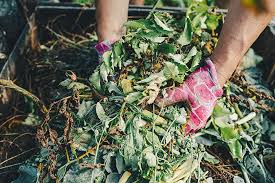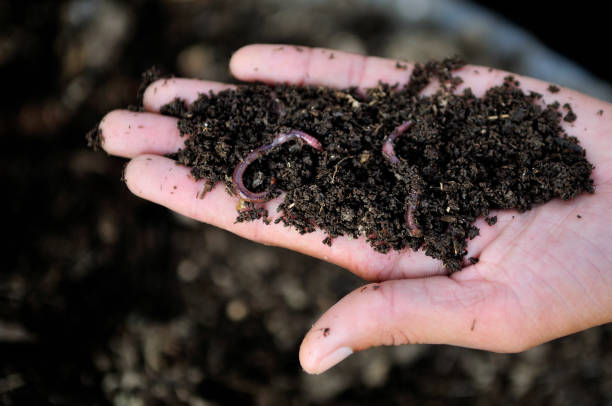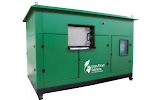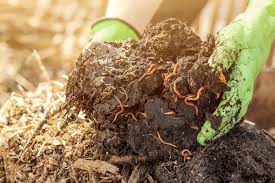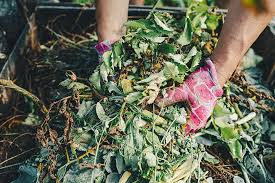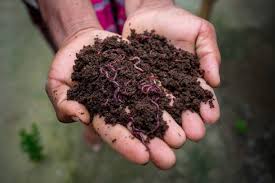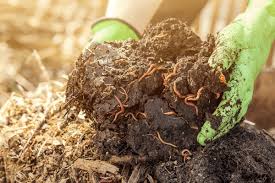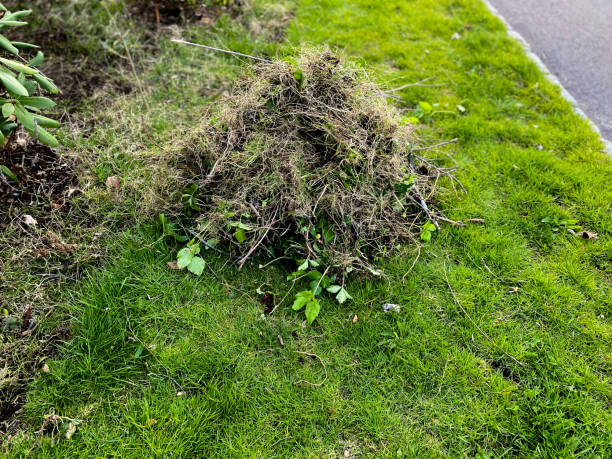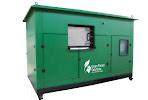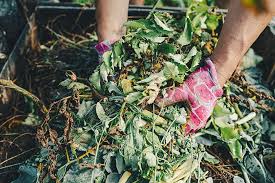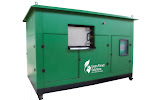ENQUIRE NOW FOR BEST COMPOSTING MAACHINES IN INDIA – https://share.hsforms.com/1d12AT_oJScm8iiXbjSrEIwrh2r7
Mumbai’s luxury real estate market is changing fast. High-end homebuyers are no longer just looking for swimming pools, gyms, clubhouses, and smart homes. They now want sustainable amenities—and at the top of that list is:
✔️ On-Site Composting Systems
In 2025, composting has become more than a “good-to-have” feature.
It is now a property-value booster, a regulatory necessity, and a high-demand eco amenity.
This is exactly why the demand for composting systems for premium residential projects in Mumbai is skyrocketing.
🌱 1. BMC’s Strict Waste Rules Make Composting Mandatory
BMC 2025 regulations require large housing societies to:
- segregate waste at source
- treat wet waste on-site
- reduce dependency on municipal trucks
Failure to comply leads to:
- Daily fines starting at ₹5,000
- Legal notices
- Blacklist risk for large projects
- Bad reputation for developers
Premium projects in South Mumbai, Powai, BKC, Andheri, Goregaon, and Navi Mumbai are adopting on-site composting systems to avoid penalties and attract high-value buyers who value compliance.
Focus Keyphrase included: composting systems for premium residential projects in Mumbai
💰 2. Composting Systems Increase Property Value by 7%–12%
Real estate buyers in 2025 prefer homes that offer:
- sustainable living
- long-term cost savings
- eco-friendly infrastructure
- responsible waste management
Luxury developers add composting systems because:
✔ They reduce society waste bills
✔ They enhance green certifications
✔ They attract eco-conscious NRI buyers
✔ They increase the property’s “future readiness”
Premium projects with modern composting machines deliver an additional ₹350–₹600 per sq. ft. value in resale.
ENQUIRE NOW FOR BEST COMPOSTING MAACHINES IN INDIA – https://share.hsforms.com/1d12AT_oJScm8iiXbjSrEIwrh2r7
🌿 3. Composting: A Prestige Amenity in Mumbai’s Elite Homes
Just like solar power and rainwater harvesting, composting is now a status symbol for premium societies.
Developers highlight:
- “Zero Waste Towers”
- “Green Living Community”
- “Sustainable Future Homes”
These labels significantly increase the demand for high-end apartments.
♻️ 4. Composting Saves ₹60,000–₹5,00,000 Per Year for Premium Societies
With thousands of residents, luxury societies produce tons of wet waste daily.
On-site composting cuts:
- waste disposal charges
- transportation costs
- manpower costs
A 500+ unit society can save ₹3–5 lakh annually using a high-speed organic composter supplied by Green Planet Solutions Pune.
This financial edge attracts more buyers and investors.
ENQUIRE NOW FOR BEST COMPOSTING MAACHINES IN INDIA – https://share.hsforms.com/1d12AT_oJScm8iiXbjSrEIwrh2r7
🛠️ 5. Modern Composting Systems Are Clean, Odorless & Fully Automated
Forget old smelly pits.
2025 composters provide:
- 3-hour processing
- odor control bio-filters
- zero insects
- fully automated operations
- low electricity consumption
Perfect for premium residential towers where hygiene and aesthetics are non-negotiable.
🌍 6. Composting Helps Developers Achieve Green Building Ratings
Composting systems help secure:
- IGBC Certification
- Griha Rating
- Edge Green Certification
These certifications significantly boost:
- project value
- brand reputation
- sales velocity
Buyers love sustainably certified homes.
🌾 7. Societies Can Use Compost for Landscaping & Urban Gardening
Premium gated communities have:
- large gardens
- vertical green walls
- podium greenery
- terrace plantations
On-site compost provides:
- free organic fertilizer
- improved soil quality
- lush landscapes
Saves ₹2–₹10 lakh annually in garden maintenance.
Focus Keyphrase included: composting systems for premium residential projects in Mumbai
ENQUIRE NOW FOR BEST COMPOSTING MAACHINES IN INDIA – https://share.hsforms.com/1d12AT_oJScm8iiXbjSrEIwrh2r7
💡 8. Eco-Friendly Projects Sell Faster in Mumbai’s Crowded Real Estate Market
With hundreds of competing projects, developers need a differentiator.
Sustainability is now a major selling point.
Homes with composting systems attract:
- young professionals
- eco-conscious buyers
- investors
- global citizens
- NRIs
A composting-ready project stands out immediately.
🏢 Why Choose Green Planet Solutions Pune for Mumbai Projects?
We are one of India’s trusted organic waste composting manufacturers in India offering:
- high-speed composters
- fully automated composting machines
- BMC-approved models
- doorstep installation
- after-sales support
- compliance assistance
Perfect for:
✔ Premium residential projects
✔ Large housing societies
✔ Luxury townships
✔ Gated communities
- unstoppable
- powerful
- crisis
- urgent
- premium
- future-ready
- sustainable
- advanced
- proven
- exclusive
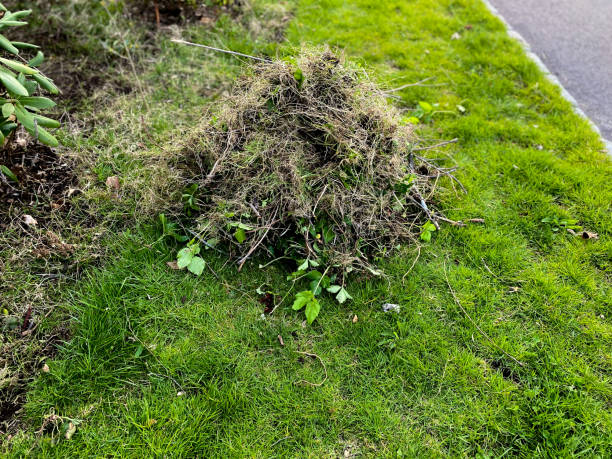
#GreenPlanetSolutions #CompostingMumbai #LuxuryRealEstateMumbai #OnSiteComposting #SustainableLivingMumbai #BMCWasteRules #OrganicWasteComposter #HighSpeedComposter #GreenBuildingsIndia #MumbaiSocietyWasteManagement
